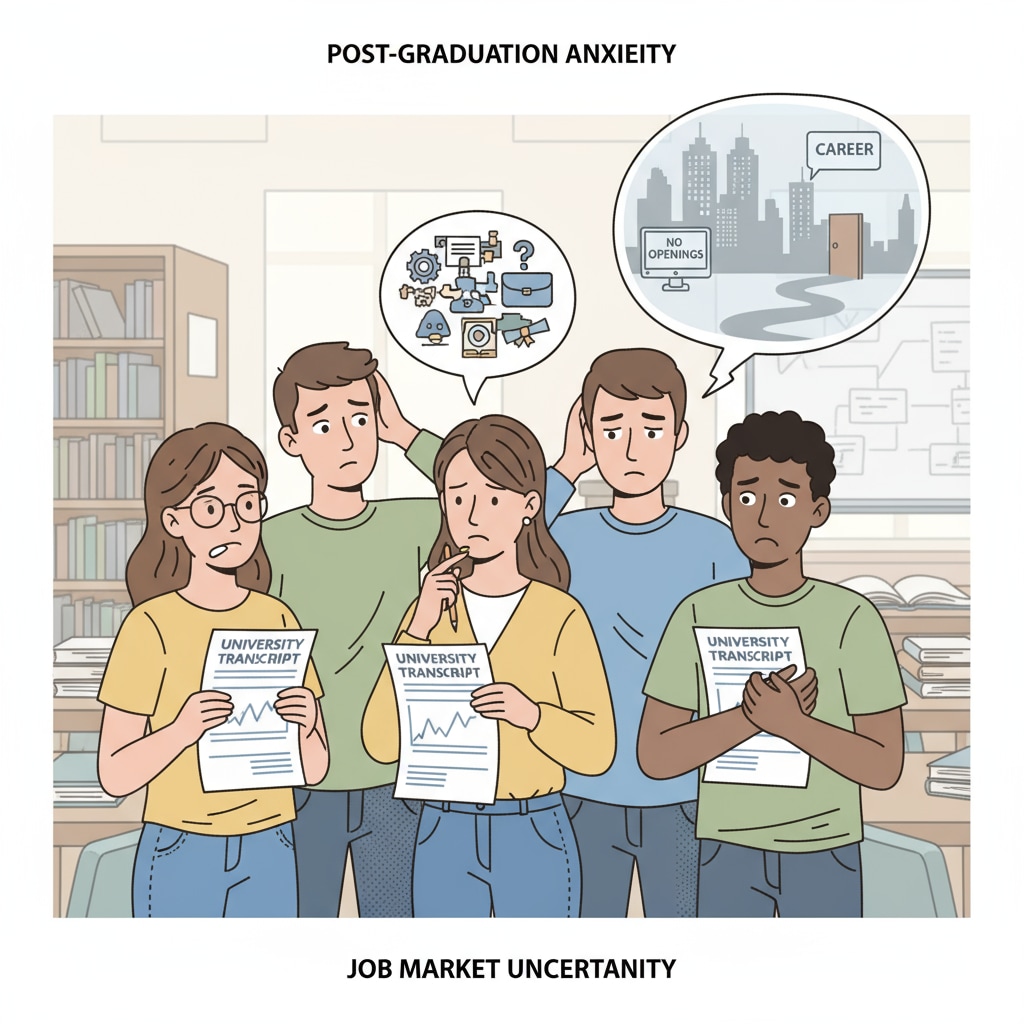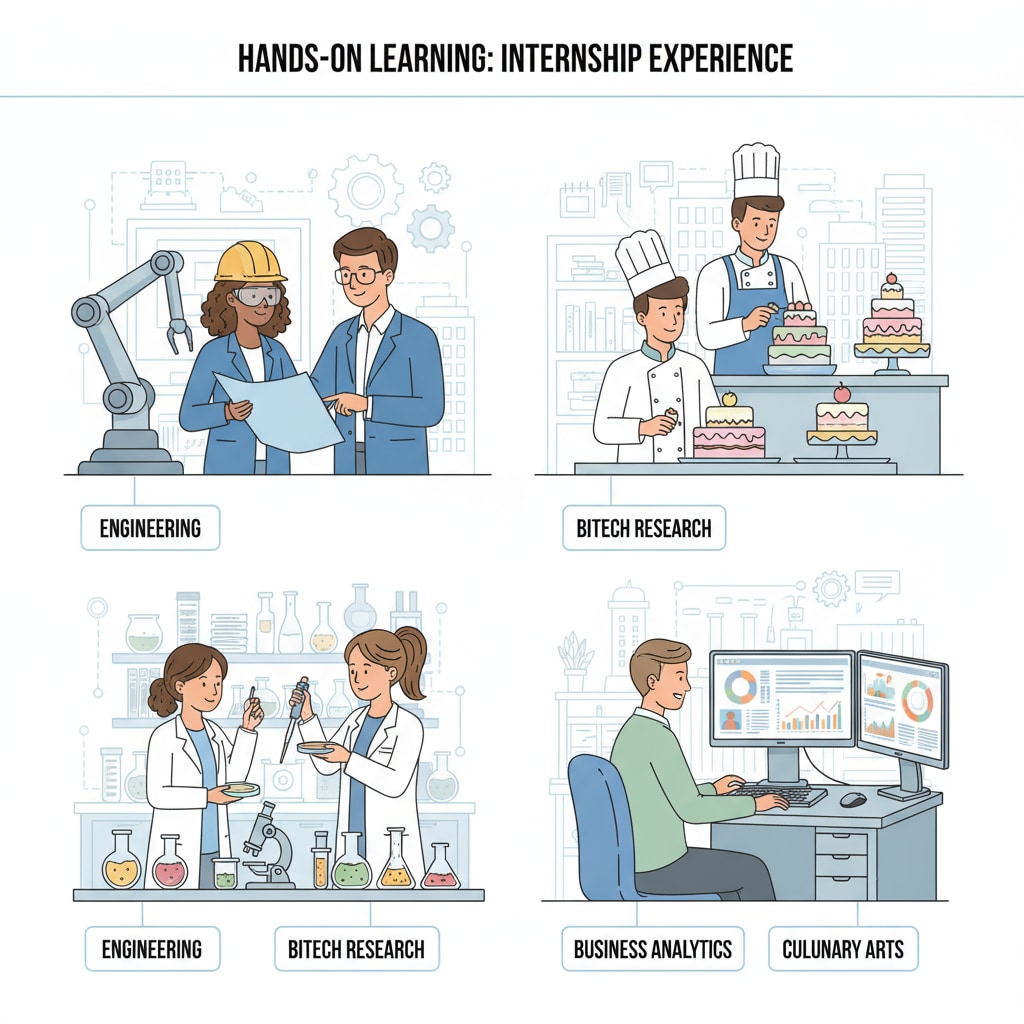When students graduate from university, the question of how their university grades impact their employment looms large. University grades, employment, and graduation are intertwined aspects that every student and parent considers. Many assume that high grades in college will automatically translate into a great job, but is this really the case?

The Myth of High Grades Guaranteeing Jobs
For a long time, there has been a prevalent belief that academic excellence in university is the golden ticket to a successful career. However, this is often a myth. In today’s job market, employers are looking for a diverse set of skills. According to Career Development on Britannica, technical skills, soft skills like communication and teamwork, and practical experience are highly valued. For example, a student with top grades in computer science may struggle to land a job if they lack hands-on programming experience or the ability to work in a team. High grades alone do not necessarily indicate these crucial qualities.
The Skills Gap in University Education
One of the main reasons why high grades don’t always lead to ideal jobs is the skills gap in university education. University curriculums often focus more on theoretical knowledge rather than practical application. As a result, students may ace their exams but find themselves ill-prepared for the real-world demands of the workplace. For instance, business students may study complex economic theories but have little experience in managing a real project. To bridge this gap, universities need to incorporate more practical courses and internships into their programs. Internship on Wikipedia can provide students with valuable on-the-job experience and help them develop the skills employers are seeking.

In addition to the skills gap, the changing nature of the job market also plays a role. The job market is evolving rapidly, with new industries and job roles emerging constantly. University education may not always keep up with these changes. For example, the rise of artificial intelligence and digital marketing has created a demand for skills that were not part of traditional university curriculums. Students need to be proactive in learning these new skills outside of their regular coursework to stay competitive in the job market.
Readability guidance: As we can see, the relationship between university grades and employment is complex. High grades are not the only factor determining career success. Universities and students need to adapt to the changing job market requirements. By focusing on developing practical skills, soft skills, and staying updated with the latest industry trends, students can increase their chances of finding an ideal job after graduation.


